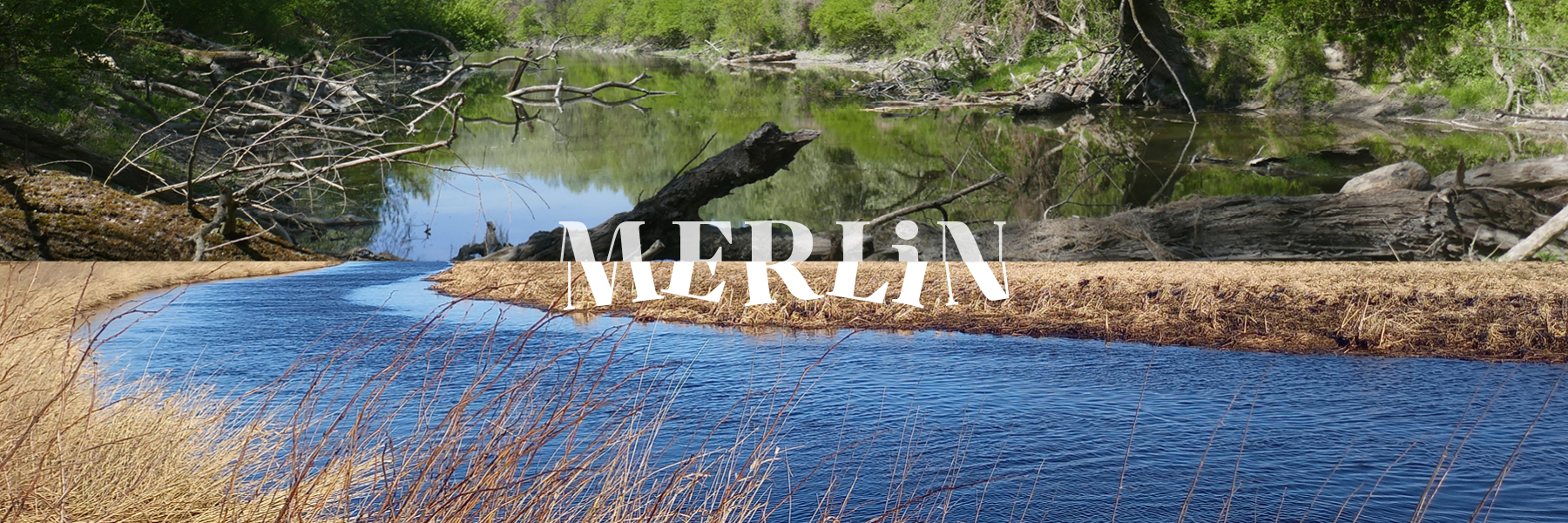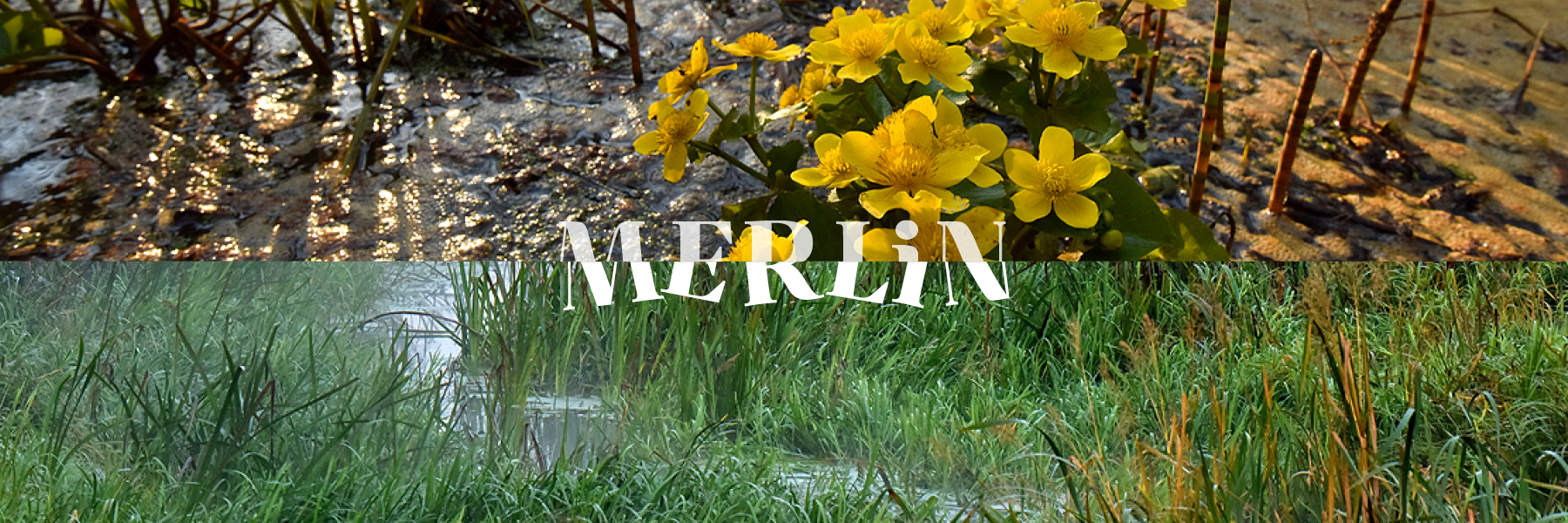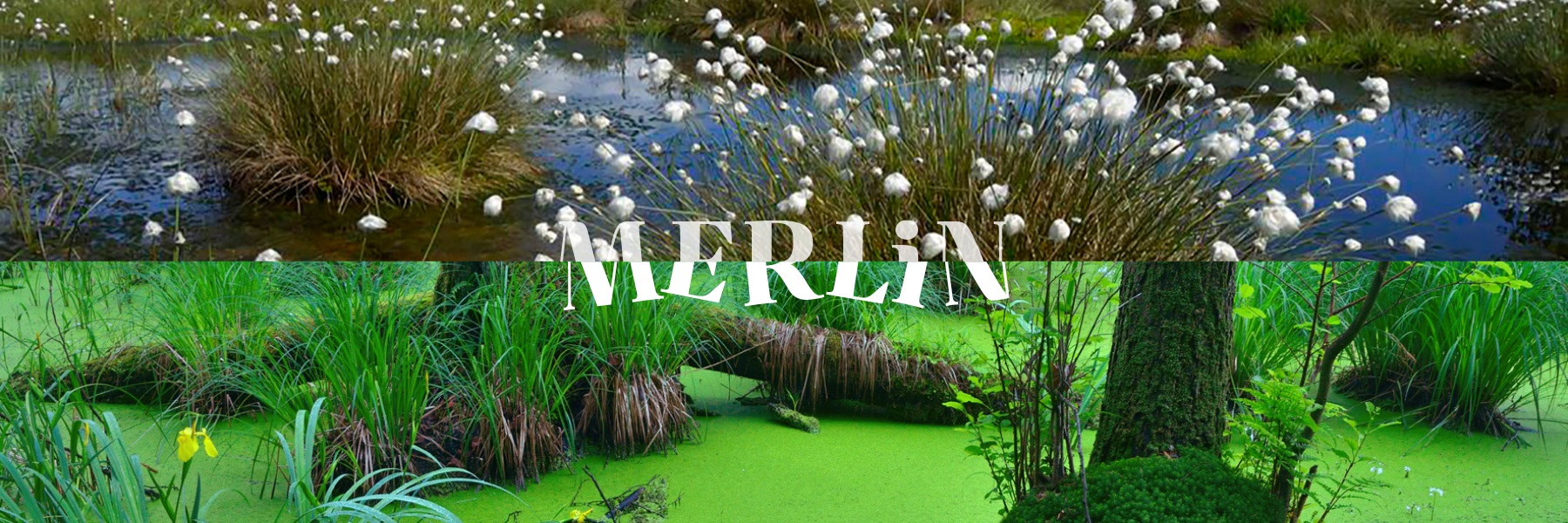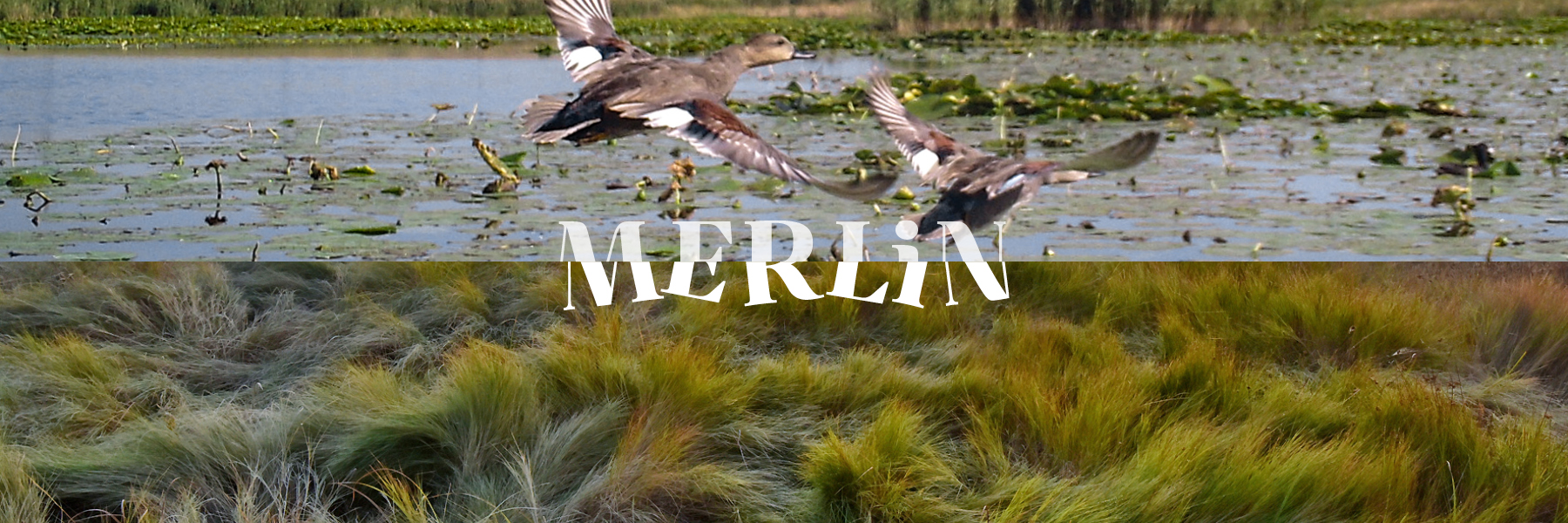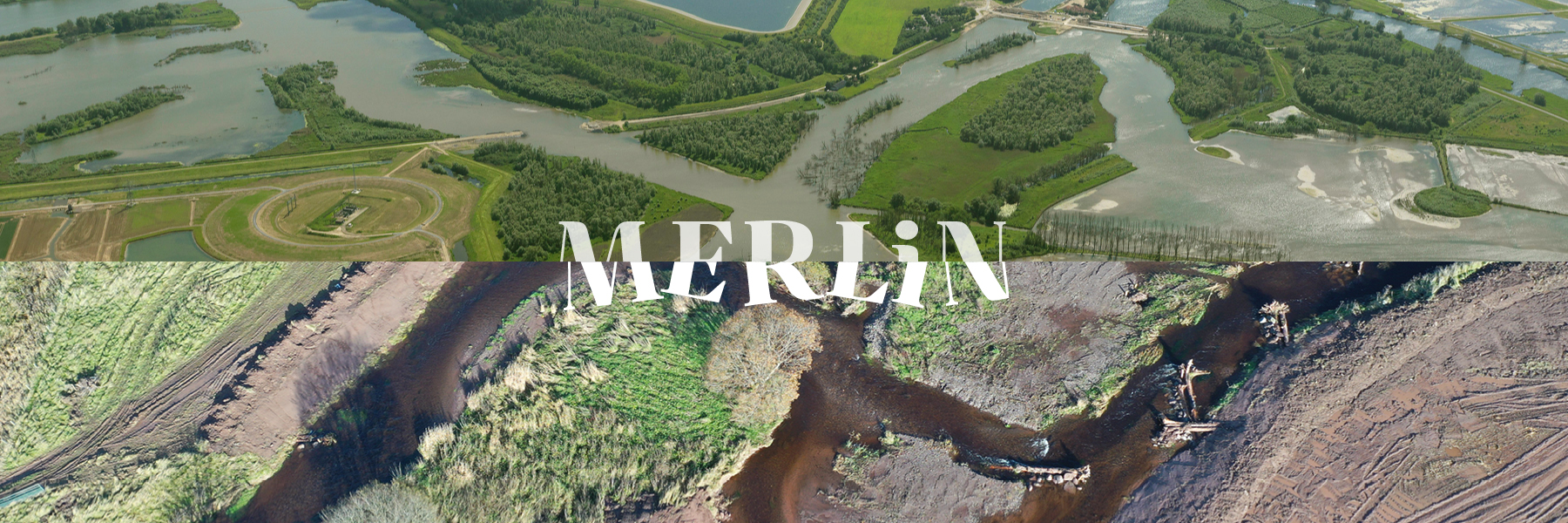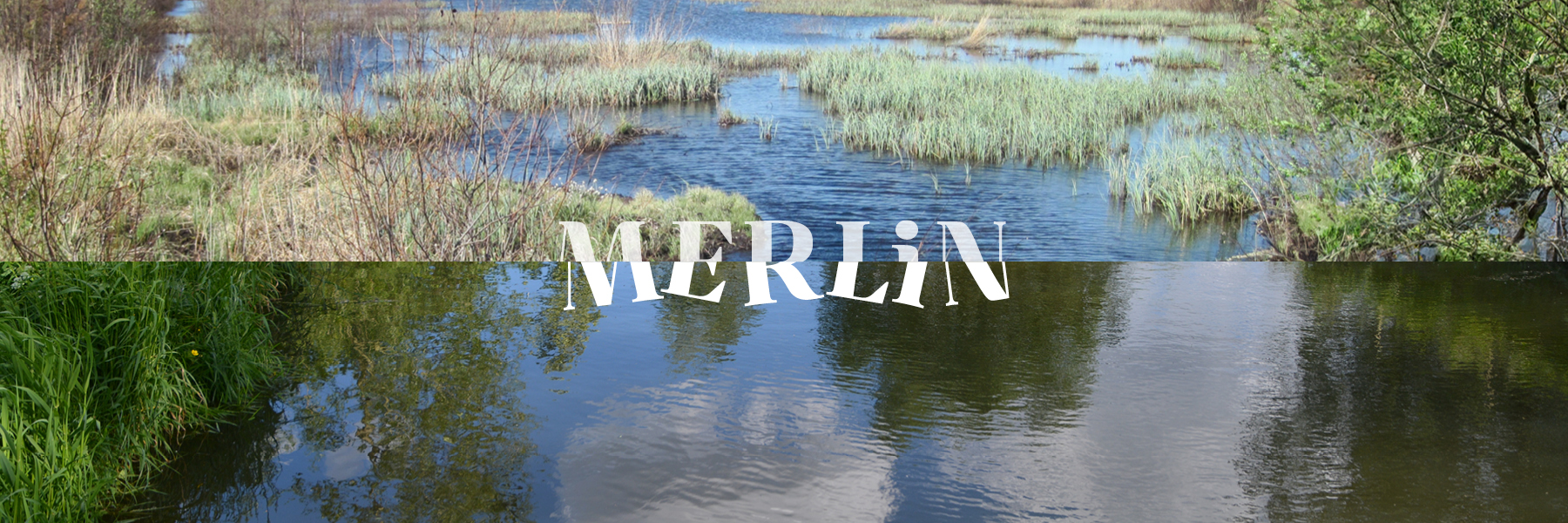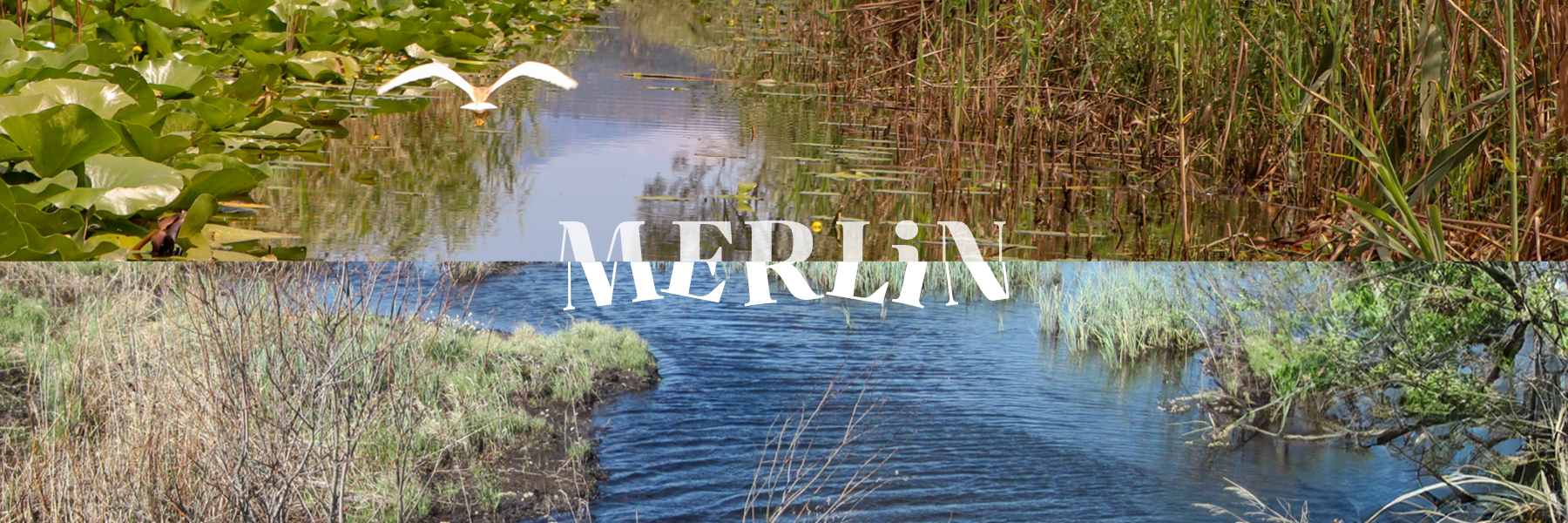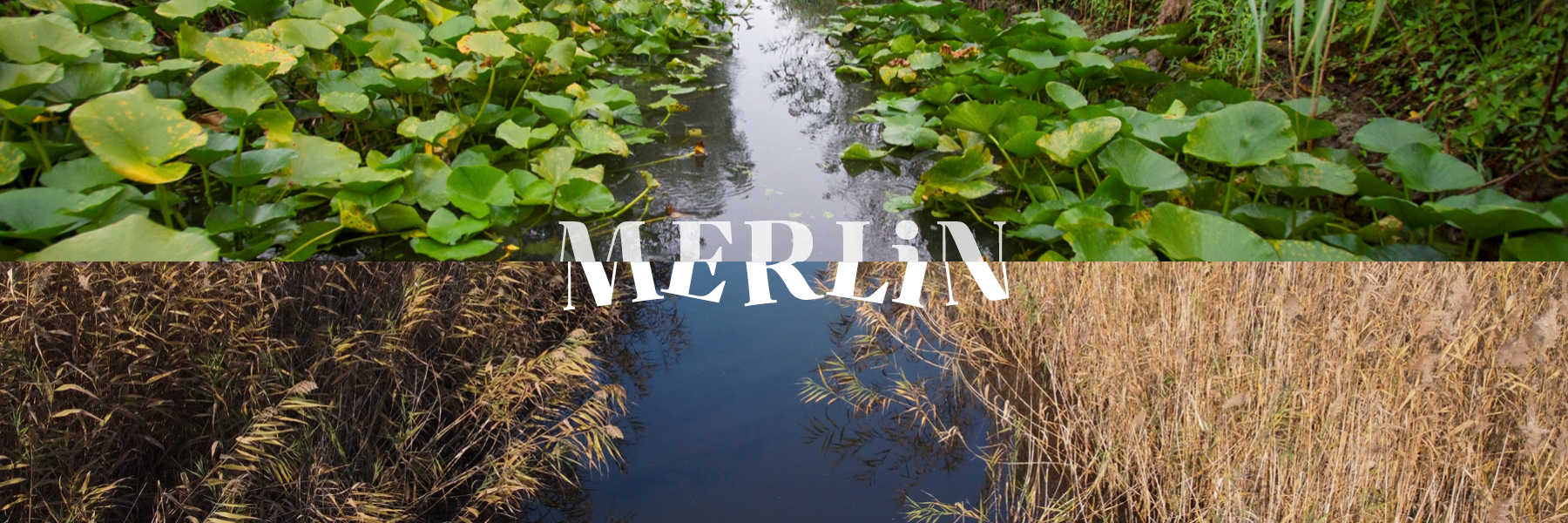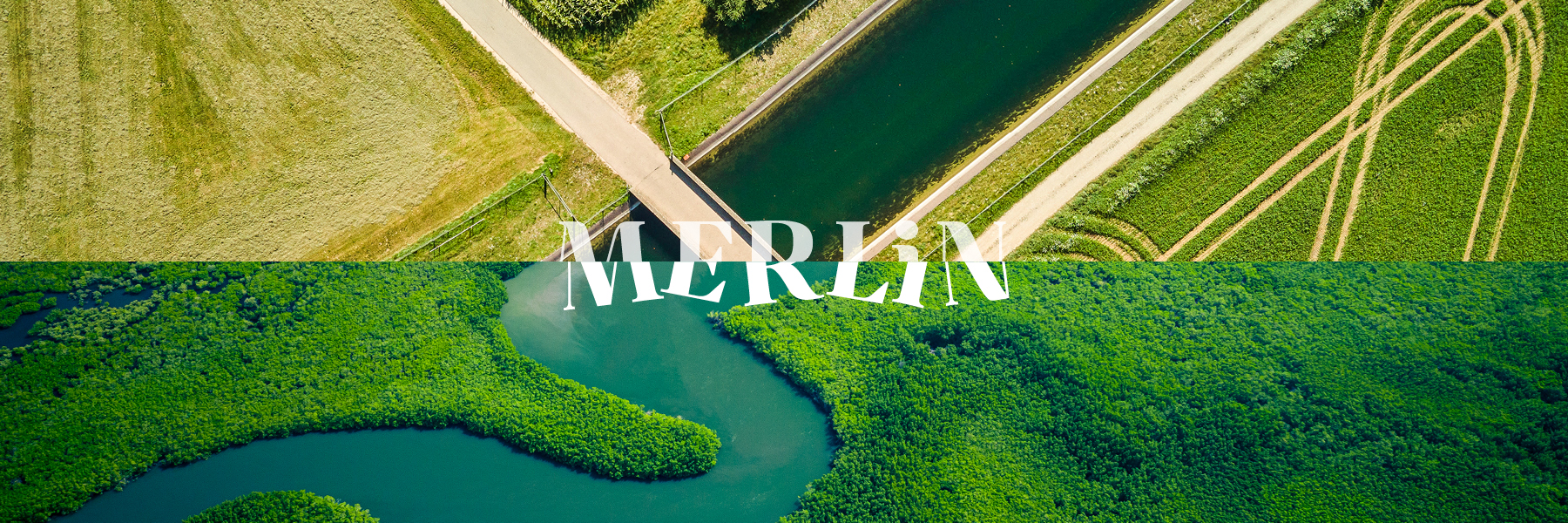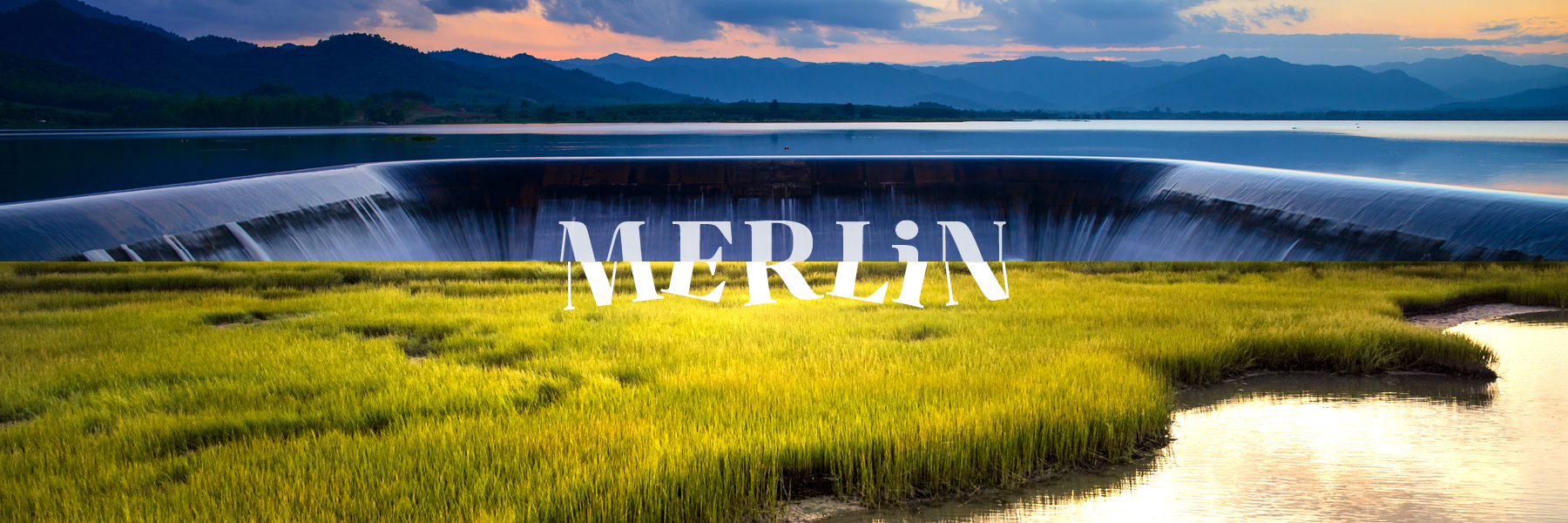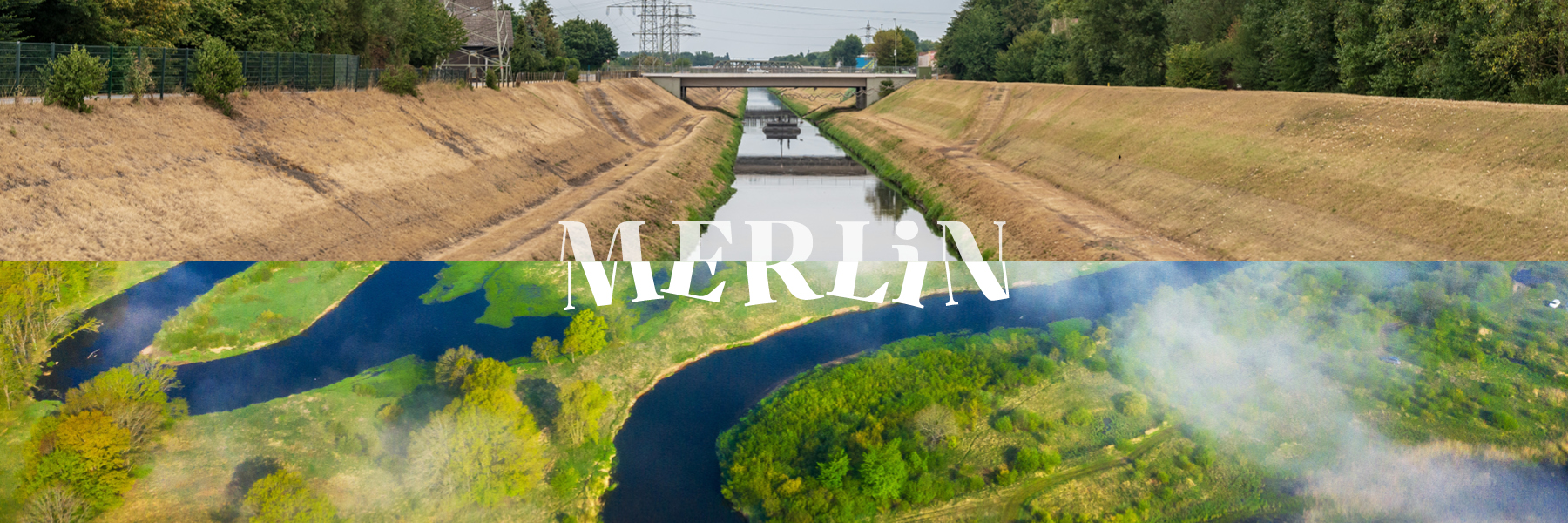Papers
How could Europe restore its nature?
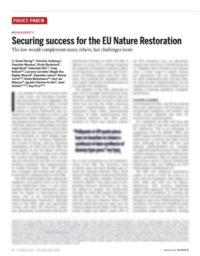
Final vote of the EU Parliament in early 2024
Early 2024, the European Parliament will take a final vote on the ‘Nature Restoration Law’ (NRL), a globally unique but hotly debated regulation that aims to halt and reverse biodiversity loss in Europe. An international team of scientists led by the University of Duisburg-Essen investigated the prospects of the new regulation. The article is published on 15 December in the Science Magazine.
The ‘Nature Restoration Law’ (NRL) requires member states of the EU to implement restoration measures on at least 20 per cent of land and marine areas by 2030, and in all ecosystems in need of restoration by 2050. This includes specific targets to rewet peatlands and to increase pollinator populations. The NRL has already overcome various hurdles: most recently, it was approved by the EU Parliament’s Environment Committee, after delegations of the Parliament and the Council of Europe negotiated the final text.
But will the regulation really achieve its aims, considering a multitude of changes included in the negotiation process? The authors, including scientists leading large European projects on nature restoration and biodiversity, analysed experiences with other European environmental directives and policies, and evaluated the prospects of the NRL to be successful.
“The NRL avoids several pitfalls that often obstruct the implementation of European policies and regulations, showing that the Commission learned from past experiences” says Daniel Hering from the University of Duisburg-Essen, first author of the study. “The regulation sets ambitious targets and timelines, and implementation steps are clearly laid out. It also saves time as it does not need to be transposed into national law.” At the same time, national implementation will be crucial for the NRL’s success. “While targets are precisely defined and binding, the steps to achieve them need to be decided by individual European countries and most of them are voluntary” says Josef Settele from Helmholtz Center for Environmental Research UFZ in Halle, one of the study’s authors.
Key to the implementation will be the cooperation of nature restoration with land users, in particular with agriculture. “Intensive agriculture is still a key driver for biodiversity loss in Europe”, says senior author Guy Pe’er. “But targets for agriculture and nature restoration could be coordinated, with opportunities for both”. Agriculture directly benefits from healthy soils and pollinator populations and from increased water storage capacity in the landscape that are all targets of the NRL. The authors conclude that funds provided by the EU’s Common Agricultural Policy need to be used for achieving the NRL’s aims: a statement to be intensively debated in science and application.
Overall, the authors provide a positive outlook for the NRL, but warn that ambitious national implementation and cooperation with economic sectors, such as agriculture, will eventually determine the success of nature restoration in Europe.
The NRL is part of the Green Deal and aims to contribute significantly to the attainment of both the EU's climate targets and the international biodiversity agreement of Kunming-Montreal. This global accord stipulates the restoration of a minimum of 30 percent of degraded ecosystems. Given that over 80 percent of habitats in the EU are currently in a state of degradation, the NRL represents a crucial leap forward in addressing this environmental challenge.

The authorship of the paper includes the coordinators of the projects MERLIN, WaterLANDS, SUPERB and REST-COAST that are all funded by the European Commission’s Horizon 2020 programme under the topic "Restoring biodiversity and ecosystem services" (LC-GD-7-1-2020).
Further information

Daniel Hering
Department of Aquatic Ecology, University of Duisburg-Essen
T: ++49.201.1833084
daniel.hering@uni-due.de
website

Guy Pe’er
German Centre for Integrative Biodiversity Research (iDiv) Halle-Jena-Leipzig and UFZ - Helmholtz Centre for Environmental Research
T: ++49.341.6025.2570
guy.peer@ufz.de
website
Editor
Astrid Bergmeister
Press Officer and Head of the Press Department, University of Duisburg-Essen
T: ++49.203.37.92430
astrid.bergmeister@uni-due.de

